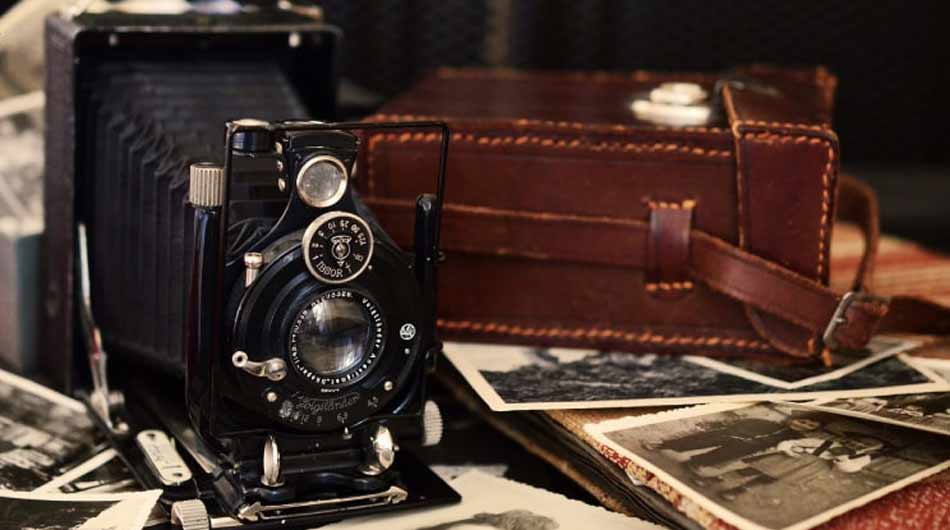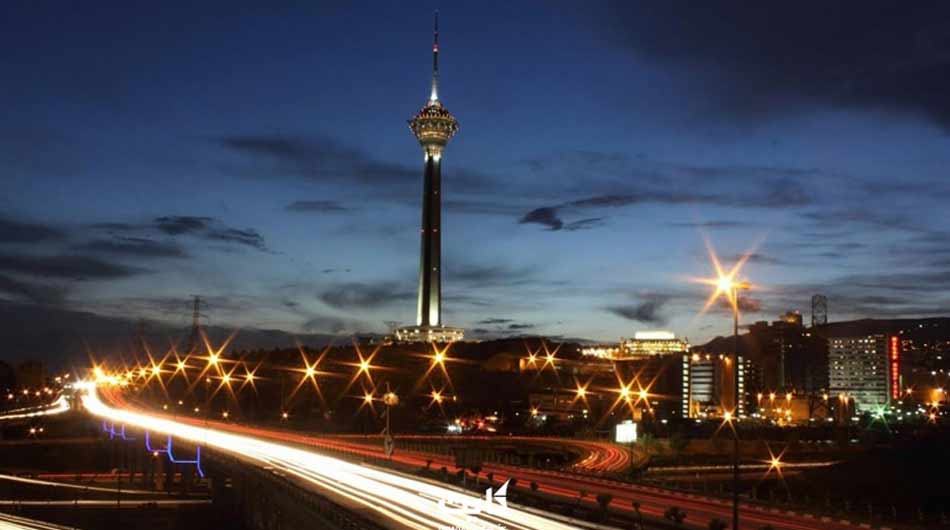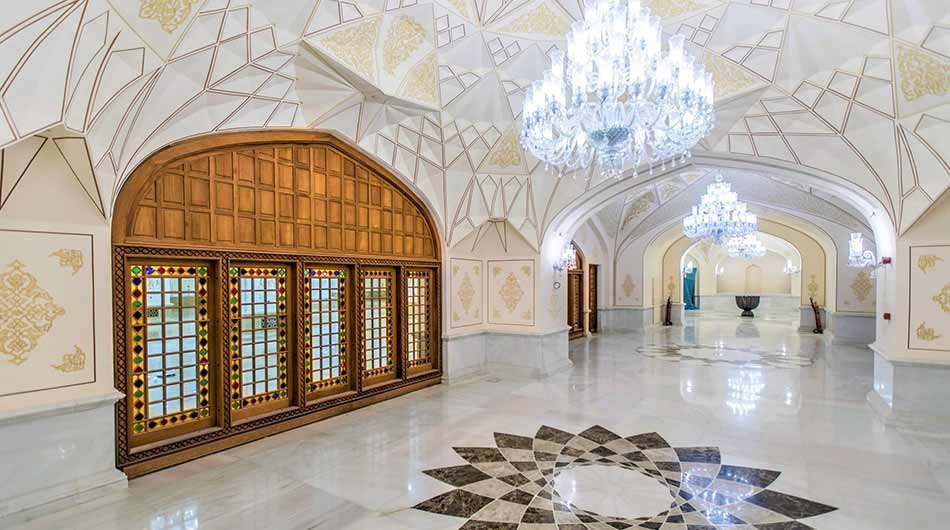Photography Tips for Capturing the Beauty of Iran
Iran is a paradise for photographers, with its rich history, diverse landscapes, and vibrant culture. By following these tips, you can create a captivating visual story of your travels in Iran. Remember, the beauty of photography lies in personal expression, so capture the scenes that resonate with you and showcase the spirit of this remarkable country. Happy photographing!
Iran is a land of breathtaking landscapes, ancient architecture, and vibrant culture. From the historic cities of Isfahan and Shiraz to the dramatic landscapes of the Zagros Mountains and the vast deserts, Iran offers countless scenes for capturing unforgettable photos. If you’re planning to photograph Iran, here are some tips to help you capture its beauty in all its glory.
1. Embrace the Golden Hours
The early morning and late afternoon light—known as the golden hours—provides the best natural lighting for photography. In Iran, where the sun can be intense, these hours soften shadows and create warm tones that highlight the architectural details of mosques, ancient ruins, and stunning landscapes. Start your day early to capture popular spots like Naqsh-e Jahan Square in Isfahan or the Eram Garden in Shiraz without large crowds. During sunset, locations like the Kalouts desert and the Persian Gulf coastline become magical, with colors that can transform your photos.
2. Experiment with Architecture Photography
Iran’s architecture is a blend of Persian, Islamic, and modern styles. Structures like the intricate mosques of Isfahan, such as the Sheikh Lotfollah Mosque, or the Nasir al-Mulk Mosque in Shiraz with its famous stained glass, are perfect for photography. Capture details of domes, minarets, and intricate tile work by experimenting with angles. Try shooting from low perspectives to emphasize the height of these structures, or frame shots symmetrically for a balanced look. The use of wide-angle lenses can also help capture the grandeur of large interiors and courtyards.
 3. Capture Iran’s Colorful Markets
3. Capture Iran’s Colorful Markets
Iranian bazaars are lively, colorful places that offer endless photo opportunities. Whether it’s the Grand Bazaar in Tehran or the Vakil Bazaar in Shiraz, these markets are full of vibrant textiles, spices, handicrafts, and lively interactions. Use a prime lens with a wide aperture, such as a 50mm or 35mm, to capture portraits of vendors and close-ups of colorful products. Be respectful when taking photos of people—ask for permission with a friendly smile, as Iranians are generally welcoming and enjoy engaging with visitors.
4. Make Use of Leading Lines
Iran’s architecture, streets, and landscapes often have natural leading lines that draw the viewer’s eye into the frame. Roads winding through mountain passes, rows of columns in ancient Persepolis, and the tiled pathways in royal gardens create beautiful leading lines that add depth to your shots. Pay attention to pathways, doorways, and arches that can naturally lead the viewer into the heart of the image, giving it a sense of dimension and storytelling.
5. Play with Reflections
Iran’s gardens and pools, like those in Persian gardens, can offer stunning reflections. Use the still water to capture symmetrical images that showcase architectural details twice—once in reality and once in reflection. The Si-o-se-pol Bridge in Isfahan, with its multiple arches, is especially mesmerizing when reflected in the Zayanderud River. For best results, position your camera close to the ground and keep the waterline in the center of the frame for perfect symmetry.
6. Capture the Contrast of Landscapes
Iran’s landscapes range from the lush Caspian forests to the stark Lut Desert, offering plenty of contrasts for landscape photography. When capturing the desert, play with shadows and textures created by the sand dunes, especially during sunrise and sunset when light is soft and golden. In the northern regions, like Masuleh Village, fog can create a mysterious atmosphere, perfect for capturing a different mood. Carry a zoom lens to capture details and frame scenes tightly, especially when photographing unique rock formations or mountainous regions.
7. Use Natural Frames
Using natural frames can add depth and focus to your photos, especially when photographing historical sites and landscapes. In Iran, doorways, archways, and even tree branches can act as frames to draw attention to your subject. For instance, in traditional Persian gardens, arches and doorways can frame beautiful scenes of fountains or plants. In places like Yazd, the old city’s narrow alleys and adobe walls create unique frames for buildings and people.
 8. Capture Daily Life and Street Scenes
8. Capture Daily Life and Street Scenes
To truly capture the spirit of Iran, include photos of daily life. Iran’s people are friendly, and daily scenes in cities and villages offer an authentic glimpse into local life. Markets, tea houses, and streets are ideal for capturing candid moments. If you’re in Yazd, look out for locals in traditional clothing, and in rural areas, capture shepherds or farmers at work. Keep your camera ready for unexpected moments, and use a fast shutter speed to freeze the action.
9. Experiment with Night Photography
Iran’s cities, particularly Isfahan and Tehran, come alive at night. Iconic sites such as the Azadi Tower in Tehran and Naqsh-e Jahan Square are beautifully illuminated. Use a tripod for stable night shots and experiment with long exposure to capture city lights. In the desert regions, away from city lights, you can capture a stunning night sky full of stars. The clear skies of the Lut Desert are perfect for astrophotography, allowing you to capture the Milky Way with minimal light pollution.
10. Respect Local Customs
While photographing in Iran, respect for local customs is essential. Some religious sites may have restrictions on photography, especially for certain areas or specific times. Always ask permission before photographing people, especially in rural areas where some may be more private. Dress modestly, especially when visiting religious sites, as a sign of respect.
Tags:Adventure holidays, Best time to travel to iran, best tour operator iran, Cultural Etiquette in Iran, Cultural sites of Iran, Economy of Travel, Holiday in Iran, Iran Architectural, iran attractions, Iran country, Iran Culture, iran destinations, Iran enriching experience, Iran photography, Iran sightseeing tours, iran Solo trip, iran tour, Iran tour packages, iran tourist attractions, Iran travel agency, iran travel expenses, Iran Travel Guide, Iran Travel Tips, Iran's Coastal Paradise, Iranian culture, Iranian Hospitality, iranparadise, must-visit Iran, persia tour, photographers, Photography of IIran, Surfing In Iran, top tourist destinations, travel to iran, Traveling to Iran, travelling to iran, trip to iran, vacation packages, visit iran, درناگشت



 3. Capture Iran’s Colorful Markets
3. Capture Iran’s Colorful Markets 8. Capture Daily Life and Street Scenes
8. Capture Daily Life and Street Scenes